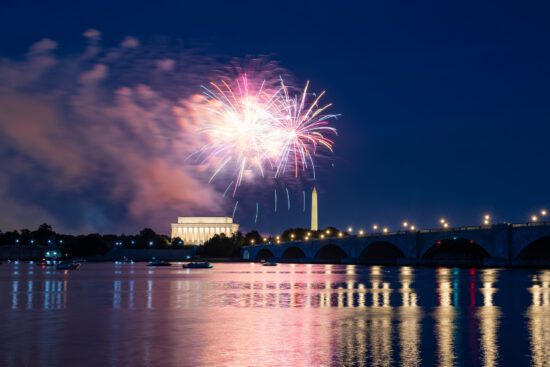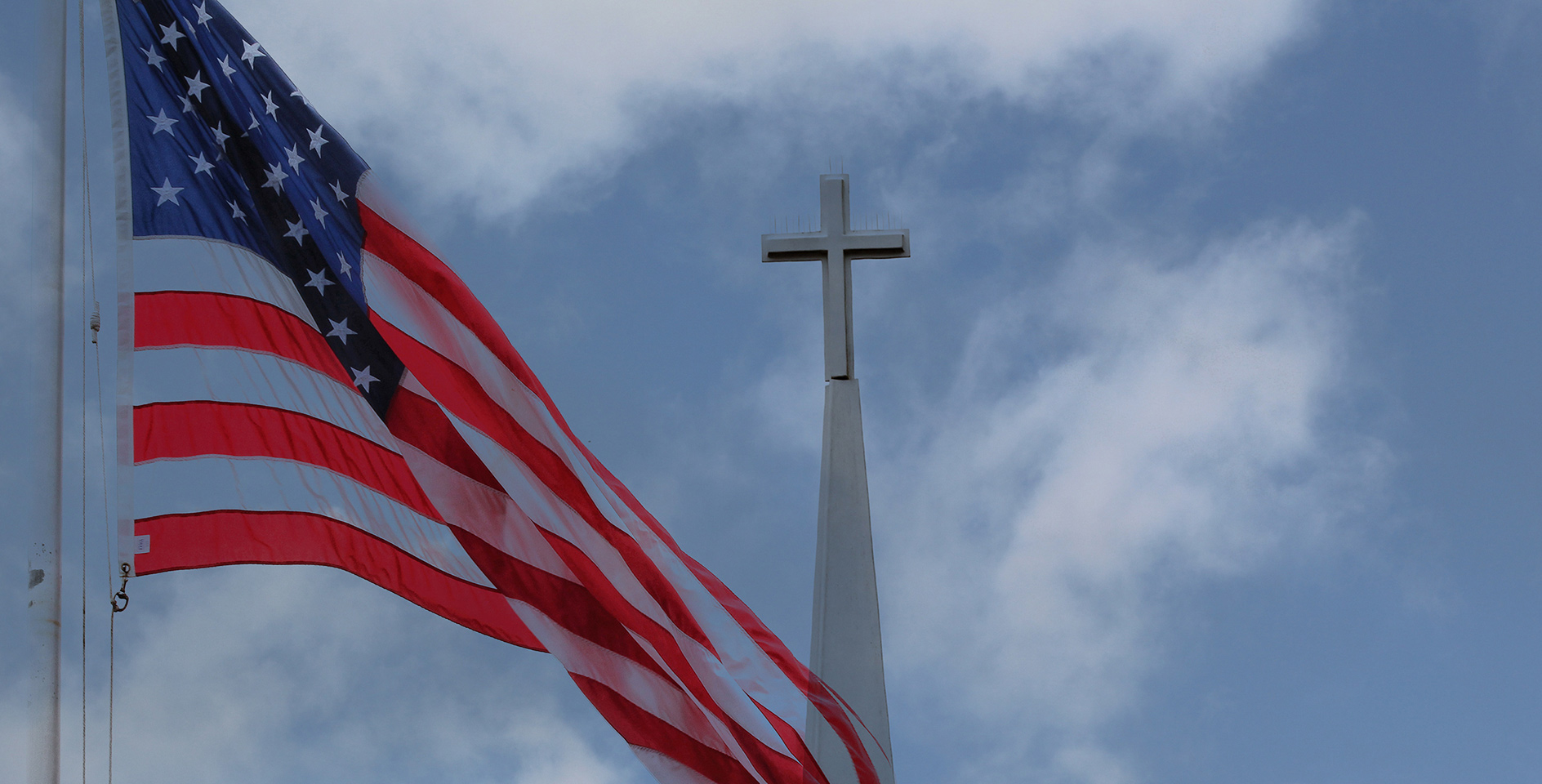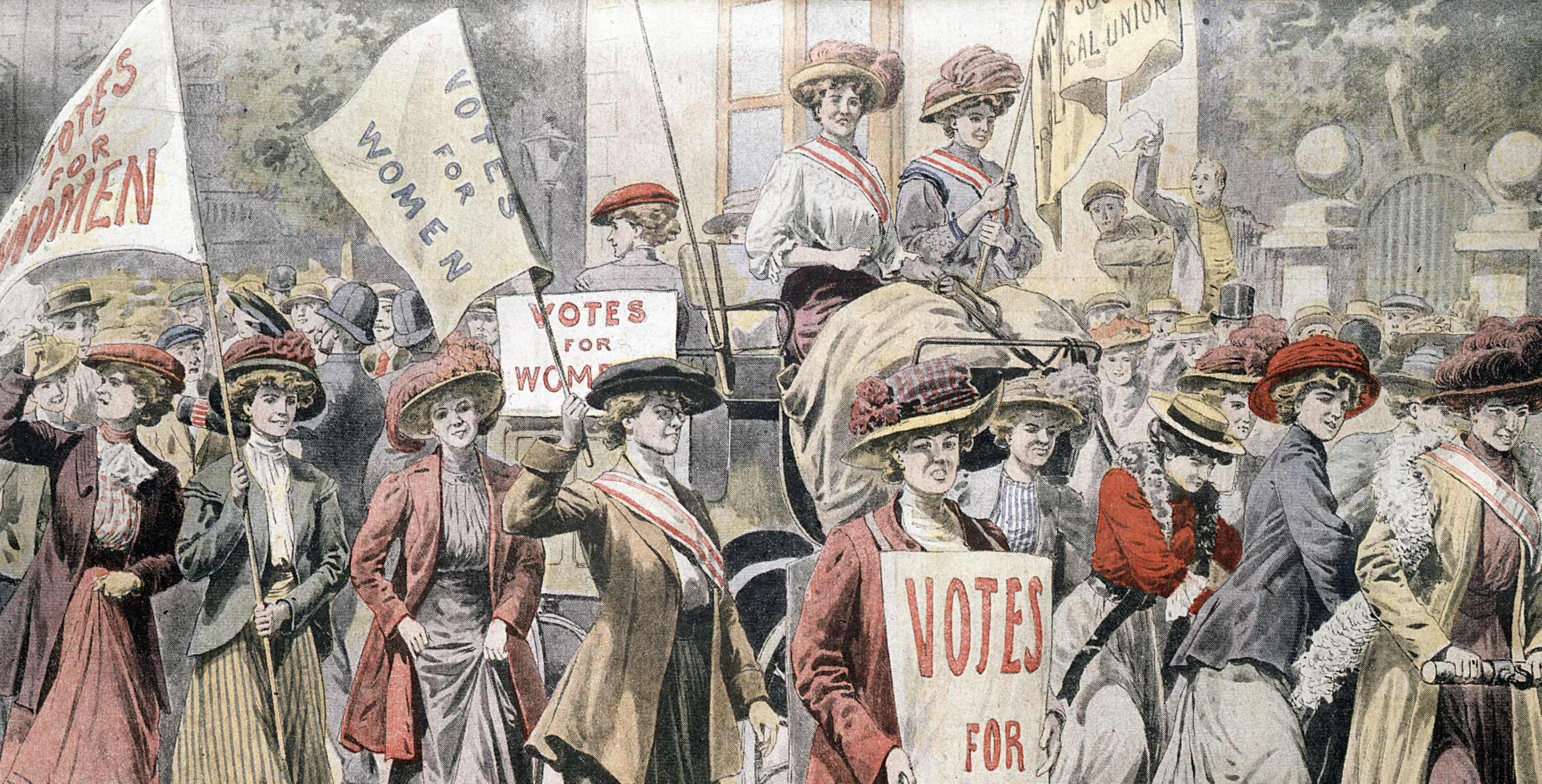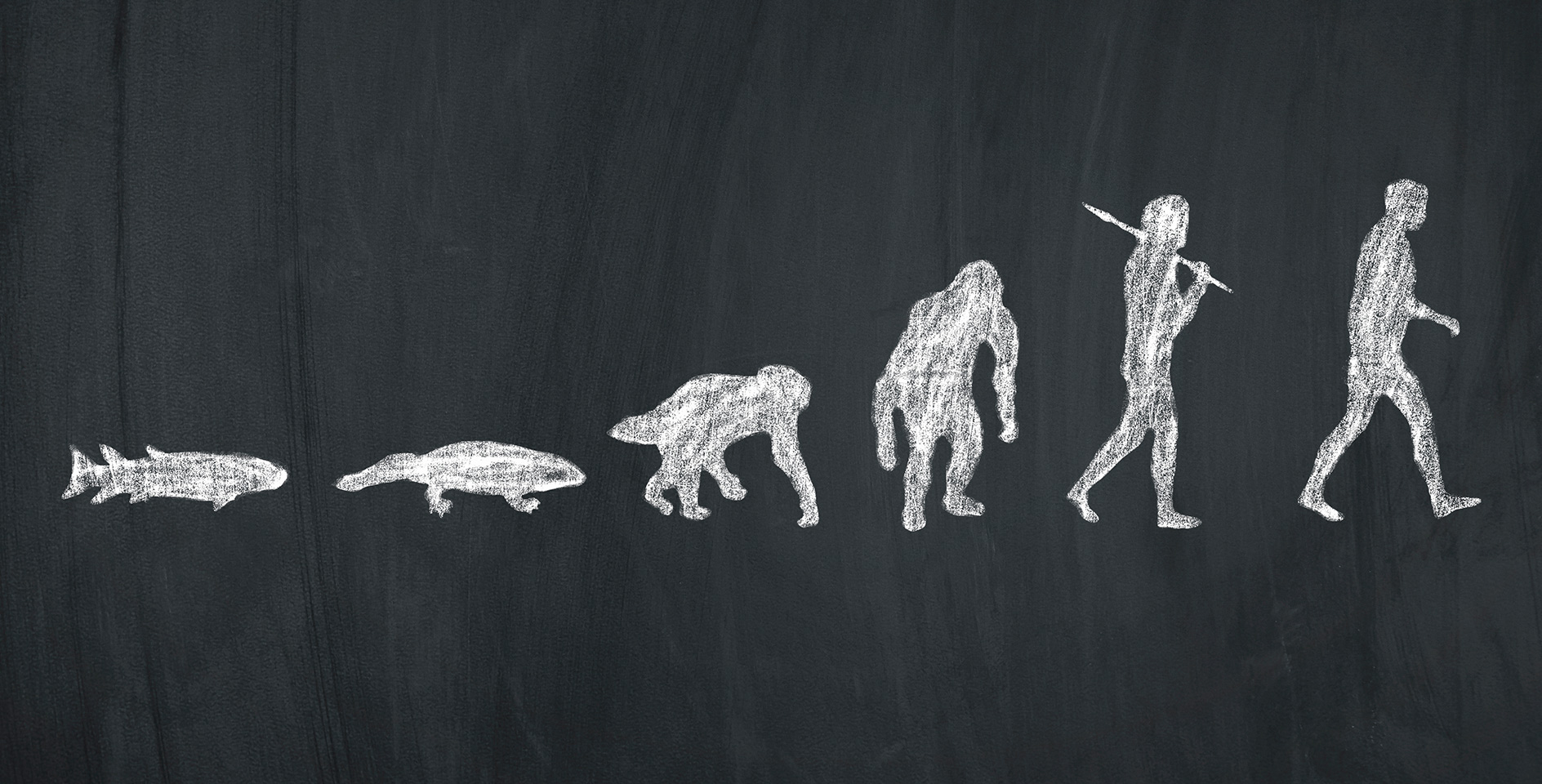On July 3, 1776, John Adams wrote to his wife to say that he thought July 2 would go down as the most “memorable epoch in the history of America.” This was the day that the Second Continental Congress had voted to accept a resolution declaring their independence from Great Britain. A committee was then selected, with Thomas Jefferson as the chief writer, to write what became the Declaration of Independence, which explained why the colonists made the decision that they did. This was approved on July 4, though many historians now agree that most of the signatories did not sign it until mid-August.
Though John Adams was wrong about which day that Americans would celebrate, he was correct that the anniversary would be celebrated with “pomp and parade, with shows, games, sports, guns, bells, bonfires, and illuminations, from one end of this continent to the other . . .” Whether you choose to spend the day with bells, shows, or illuminations, below are some books and major works to read about the founding of America.
Important documents from the Founding Era
Declaration of Independence, The Constitution of the United States, and The Bill of Rights: As the founding documents of the United States, there is no better time to return to these documents than July 4. They serve as a charter for the American experiment in liberty, and also a reminder of just how imperfectly Americans have carried out the promise of equality, justice, and the securing of those inalienable rights. It is the work of each succeeding generation to reaffirm commitment to these ideals and pursue them for all men and women.
“Give Me Liberty or Give Me Death” by Patrick Henry: I had never read this speech in its entirety before reading the biography of Henry mentioned below. And there is debate about whether Henry actually uttered the famous words since the first publication of the speech was not until much later. However, whether constructed or authentic, it is a picture of how later generations chose to remember Henry as a proponent of liberty.
First Inaugural Address and Farewell Address by George Washington: Though these speeches occur several years after the revolution, they are reminders of just what Washington felt they had been fighting to create. The speeches from the beginning and end of his presidency are an excellent example of the kind of statesmanship that characterized Washington’s administration. And they have proved excellent templates for how modern Americans understand what it means for a leader to take up and pass the torch, as evidenced by the fact that this was the theme of the Hamilton song performed for President Obama at the end of his time in office.
Biographies
Adams by David McCullough: This biography of Adams, though lengthy, is excellent for the way that McCullough is able to provide a narrative of Adams’ life. Though Adams is significant for several reasons,my personal favorite portion of this biography is in his correspondence with his wife, Abigail (which McCullough quotes regularly) where you come to see the way that he thought of her as an equal partner. Adams’ role in the war, and the events both before (such as the defense of British soldiers after the Boston massacre) and afterward (he served as the first ambassador to the United Kingdom from the United States), provide a window into the world surrounding the American Revolution.
Patrick Henry: First Among Patriots by Thomas Kidd: Henry is remembered for his speech in which he declared “Give me liberty or give me death!” This excellent biography provides a window into the life of a figure beyond a single speech. Kidd focuses on the way that his defense of liberty often brought him into conflict with the other Founders, especially his opposition to the U.S. Constitution. Though seemingly contradictory, it was his commitment to liberty (sometimes quotes aren’t so misleading after all), that proves to be the through line of his life.
May We Meet in the Heavenly World: The Piety of Lemuel Haynes by Thabiti Anyabwile: A veteran of the American Revolution, Lemuel Haynes was the first African American man to ordained as a minister. Haynes would go on to be an anti-slavery activist and also argue that freed men and women should not be sent back to Africa, but rather should receive the same rights as others in the new country. Haynes is an early example that the declaration “all men are created equal” was not limited in its scope, even if the early country did not apply the truth equally.
Religious histories
Sacred Scripture, Sacred War: The Bible and the American Revolution by James Byrd: Not every person who chose to fight in the Revolutionary War was a George Washington or Alexander Hamilton. There were many for whom the cause of liberty was first received through a sermon than through a pamphlet. And there were many who preached against the Revolution. But both relied on the same scripture in their justification. Byrd’s study of the sermons of the period is an excellent look at just how people relied on faith to guide how they responded to the war and the struggle for (or against) independence.
God of Liberty: A Religious History of the American Revolution by Thomas Kidd: How was it that Congregationalist and Anglicans could cooperate with Baptists, Methodists, Presbyterians, and even those who were formed more by Enlightenment philosophy than Christian orthodoxy in the founding of a new nation? That is the question that Thomas Kidd’s religious history of the American Revolution seeks to answer. At its core, the book is a picture of the way that Enlightenment philosophy and Christian faith (from across denominations) played a pivotal role in the founding of the country and the creation of its foundational documents.
The Search for Christian America by Mark Noll, Nathan Hatch, and George Marsden: Was America founded as a Christian nation? For many, this question causes considerable concern and reason for endless debates about the religious faith of the Founders. These three evangelical historians examine the evidence and ask what is meant by the term “Christian America.” The narrative that emerges is one in which Christianity, especially Protestant Christianity, plays a crucial role. However, it is incorrect to say that America was founded as a Christian nation because of a number of reasons historically, theologically, and sociologically.
Where the past meets the present
There is no shortage of ways that people in the present look back to the founding for an example of how to make sense of the present. Politicians across the spectrum appeal to the Founders, often the same founder for different purposes. Martin Luther King appealed to the founding documents when calling for justice and equality: “I have a dream that one day this nation will rise up and live out the meaning of its creed: ‘We hold these truths to be self-evident, that all men are created equal.’” Even the world of Broadway musical looks back to the story of an immigrant who created institutions that were critical to the founding of the country to speak to the present importance of immigrants in the story of America. However you choose to spend the anniversary of America’s founding, consider how you can help to ensure the continuance of the promise that all are endowed by their creator with inalienable rights.










